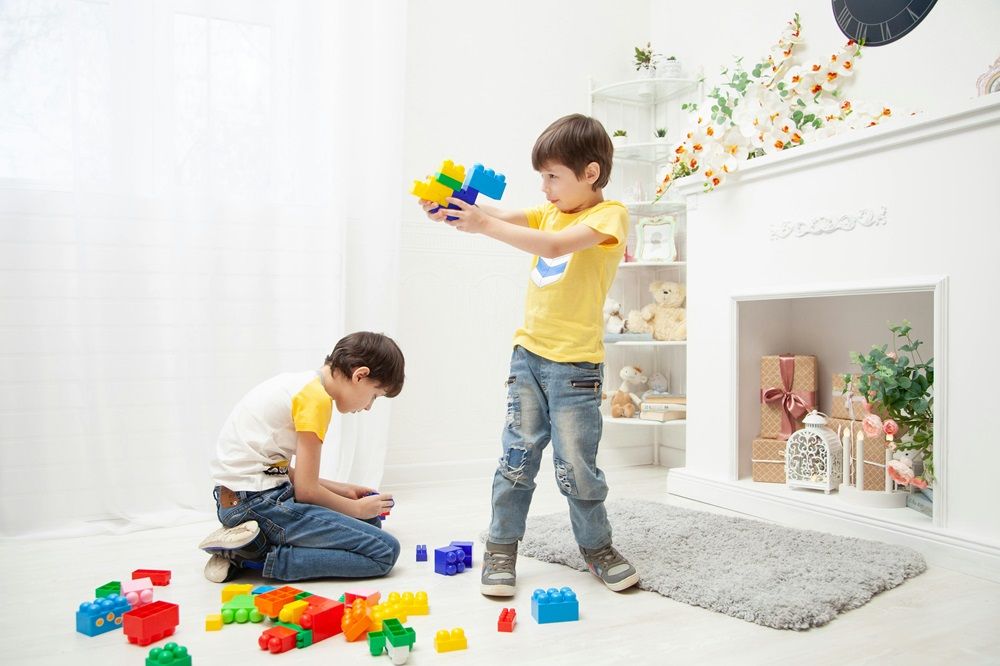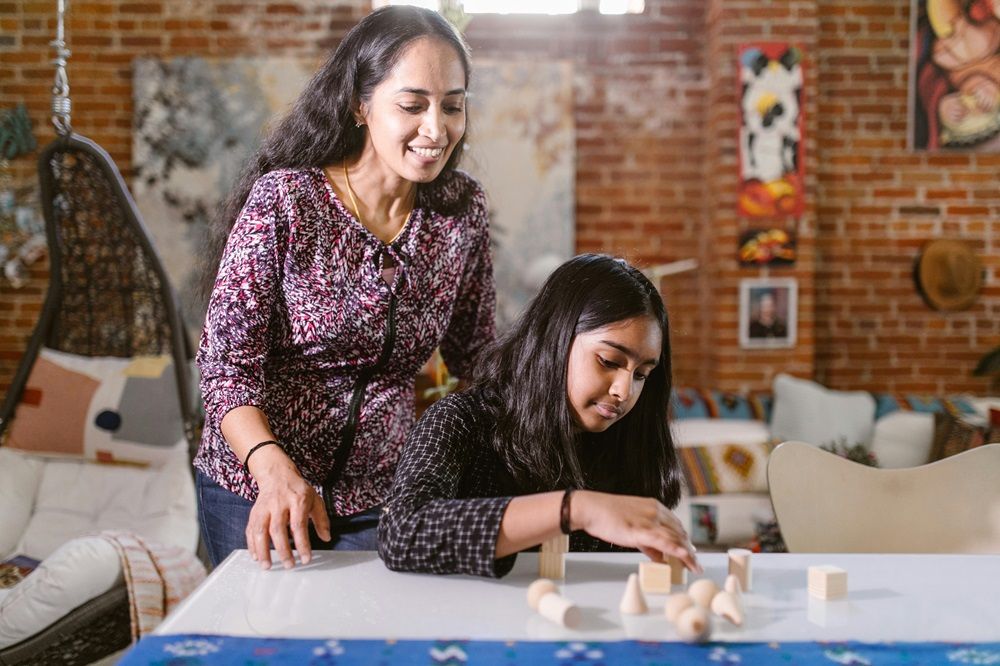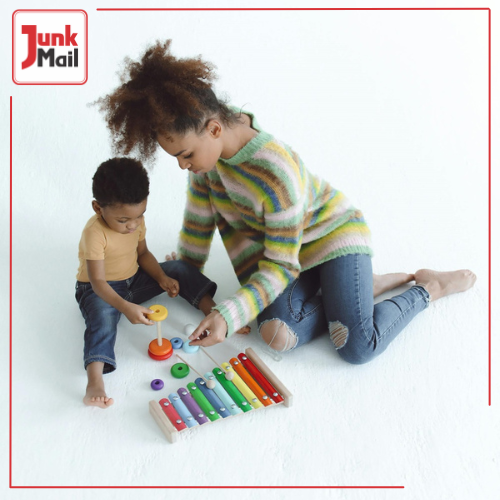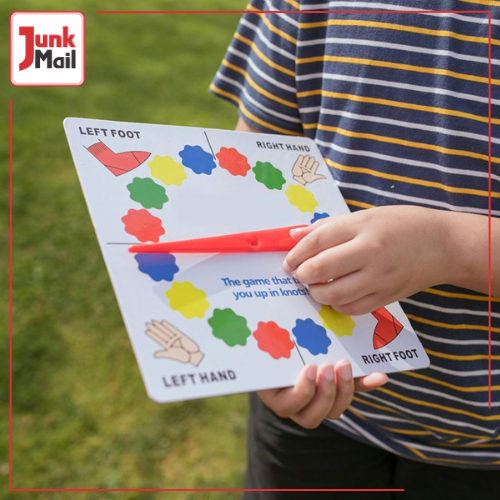Are you looking for ways to make learning more enjoyable for your child? Encouraging learning through play with the right games can make education fun and engaging, fostering both cognitive and emotional growth. As a parent or guardian, understanding which games can support your child's development is key. From boosting creativity to enhancing problem-solving skills, the right games can lay a strong foundation for your child's future. Explore a variety of educational games and toys on Junk Mail, your go-to online marketplace for finding and selling items in South Africa.
 Photo by Vika Glitter on Pexels
Photo by Vika Glitter on Pexels
The Importance of Learning Through Play
Learning through play is a concept backed by years of educational research. Children absorb more information when they are engaged in enjoyable and interactive activities. Play helps children understand the world around them, develop essential life skills, and improve their ability to think critically.
Whether it's a toddler playing with building blocks or an older child engaging in a strategy-based board game, the right kind of play encourages exploration, imagination, and collaboration. In today’s fast-paced world, where technology often takes center stage, balancing screen time with interactive physical games can significantly enhance your child’s learning process.
Benefits of the Right Games for Learning
Choosing the right games is critical when it comes to effective learning through play. The benefits are endless, but here are a few key advantages that educational games provide:
Cognitive Development: Games that challenge your child’s mind, such as puzzles, memory games, and logic-based board games, help improve their cognitive abilities. By stimulating critical thinking and problem-solving, these games enhance a child’s intellectual growth.
Language and Literacy Skills: Word games, storytelling activities, and games that involve reading instructions can boost your child’s language skills. These games expose children to new words and concepts, helping them improve their vocabulary, reading, and comprehension abilities.
Social Skills: Multiplayer games or group activities, like board games or team sports, teach children about teamwork, sharing, and communication. These games help children understand the importance of cooperation and how to navigate social interactions effectively.
Emotional Development: Play is also linked to emotional growth. Through role-playing or imaginative games, children learn empathy, manage their emotions, and understand the feelings of others. Games like charades or pretend-play kits can be particularly effective in this area.
Choosing the Right Games for Your Child
Now that you understand the benefits of learning through play, how do you choose the right games for your child? Here are a few factors to consider when selecting educational toys and games:
Age Appropriateness: The first step is to ensure the game matches your child’s age and developmental stage. Toddlers will benefit from simple, interactive toys like shape sorters, while older children can engage in more complex games like chess or trivia.
Skill Development Focus: Think about which skills you want to help your child develop. For instance, if you're looking to improve their math skills, consider games that involve counting, patterns, or problem-solving.
Fun Factor: Learning should always be enjoyable. Choose games that spark your child’s interest. Whether they are passionate about animals, space, or building things, games that align with their interests are more likely to engage them.
Variety of Learning Styles: Children learn in different ways. Some are visual learners, while others are more auditory or kinesthetic. Choose games that cater to a range of learning styles. For example, games involving storytelling cater to auditory learners, while building blocks or craft kits appeal to kinesthetic learners.
 Photo by RDNE Stock project on Pexels
Photo by RDNE Stock project on Pexels
Popular Educational Games for Different Age Groups
Here are some examples of educational games that encourage learning through play for various age groups:
For Toddlers (Ages 1-3):
- Shape Sorters: Help toddlers identify shapes and colors while developing their hand-eye coordination.
- Stacking Toys: These enhance motor skills and introduce basic concepts of balance and structure.
For Preschoolers (Ages 4-6):
- Memory Matching Games: Improve recall and pattern recognition while making learning enjoyable.
- Building Blocks and LEGO Sets: These promote creativity, problem-solving, and fine motor skills.
For School-Age Children (Ages 7-10):
- Board Games (e.g., Monopoly, Scrabble): Encourage critical thinking, strategy, and language development.
- Puzzles: Promote patience, logic, and spatial awareness.
For Tweens and Teens (Ages 11+):
- Strategy-Based Games (e.g., Chess, Risk): Foster long-term planning, strategic thinking, and concentration.
- STEM Kits (e.g., Robotics or Coding Kits): These introduce science, technology, engineering, and math concepts through hands-on activities.
Encouraging Independent Play
While structured play is important, encouraging your child to play independently also fosters creativity and self-confidence. Provide a variety of toys and games that allow them to explore, experiment, and come up with their own rules. This type of play promotes self-directed learning, where children take charge of their educational experiences.
Incorporating Technology: A Balanced Approach
In today's digital age, many educational games are available in app or video game formats. While these can be useful, it's essential to balance screen time with physical play. Interactive learning apps or digital games can complement hands-on activities but should not replace them entirely.
Ensure that digital games are educational and age-appropriate. Set time limits and encourage children to alternate between digital play and traditional games.
Encouraging learning through play with the right games is one of the best ways to support your child's development while making learning an enjoyable experience. The right educational games can enhance cognitive, emotional, and social skills, setting the foundation for lifelong learning. Explore the wide range of educational toys and games on Junk Mail, South Africa's trusted online marketplace for everything you need to buy and sell. By selecting the right games and incorporating balanced playtime, you can help your child learn essential skills while having fun.





